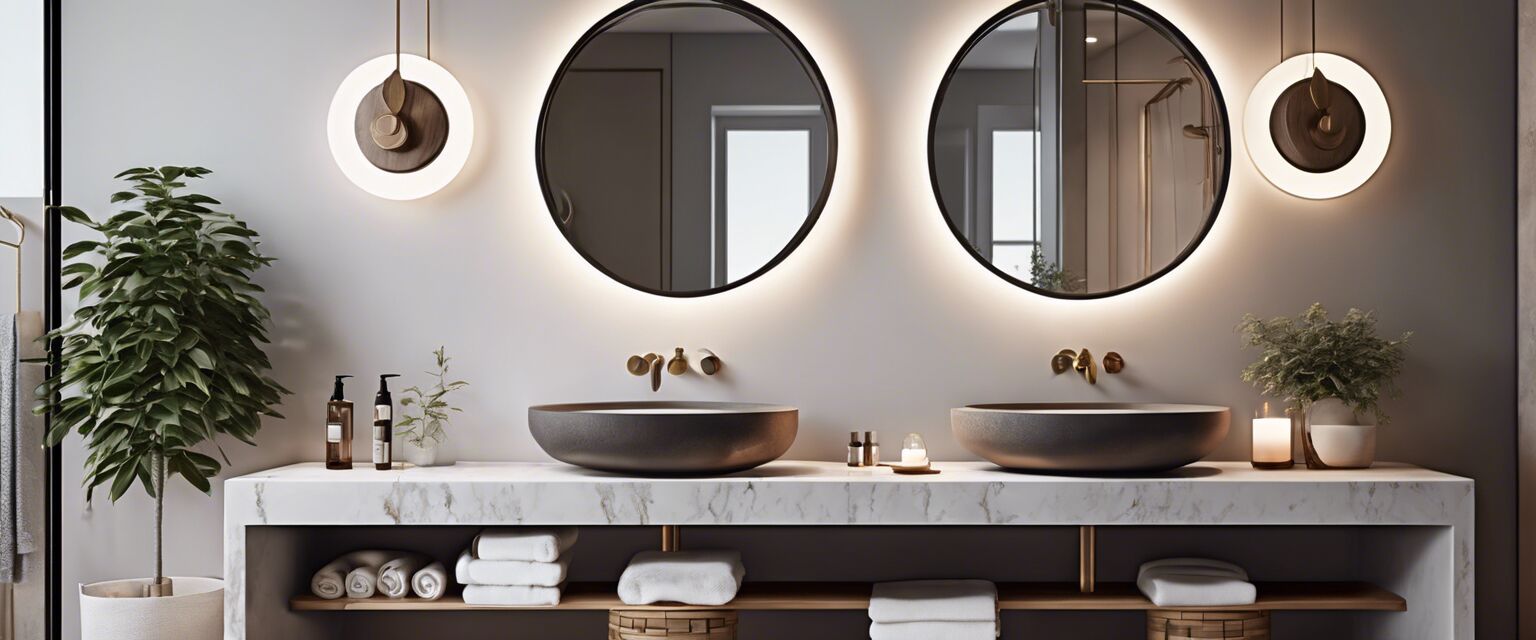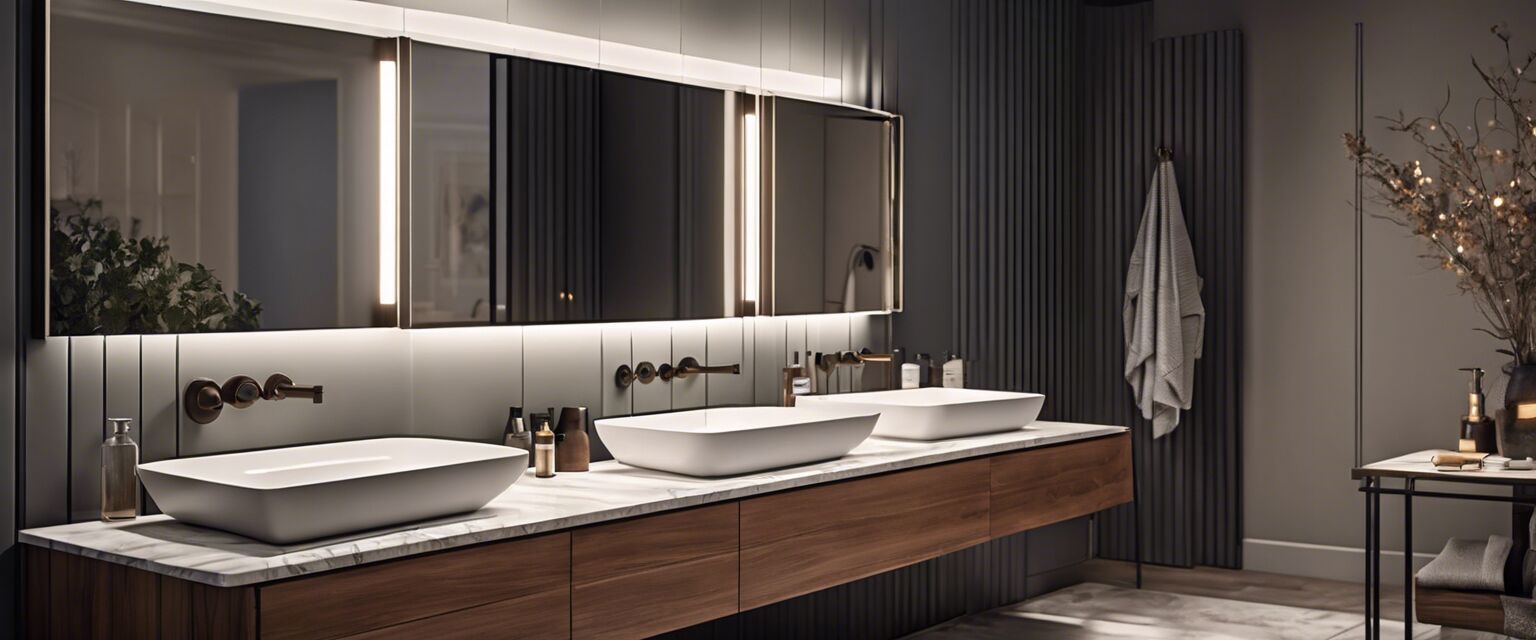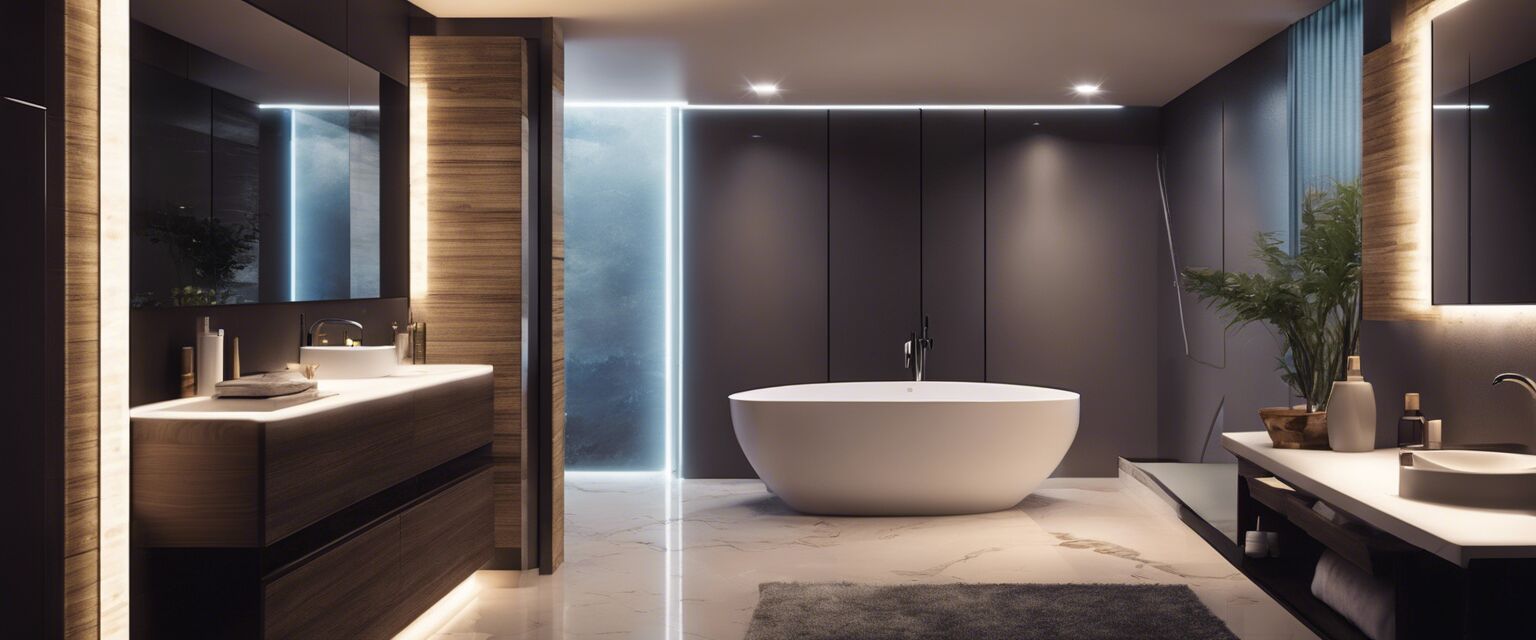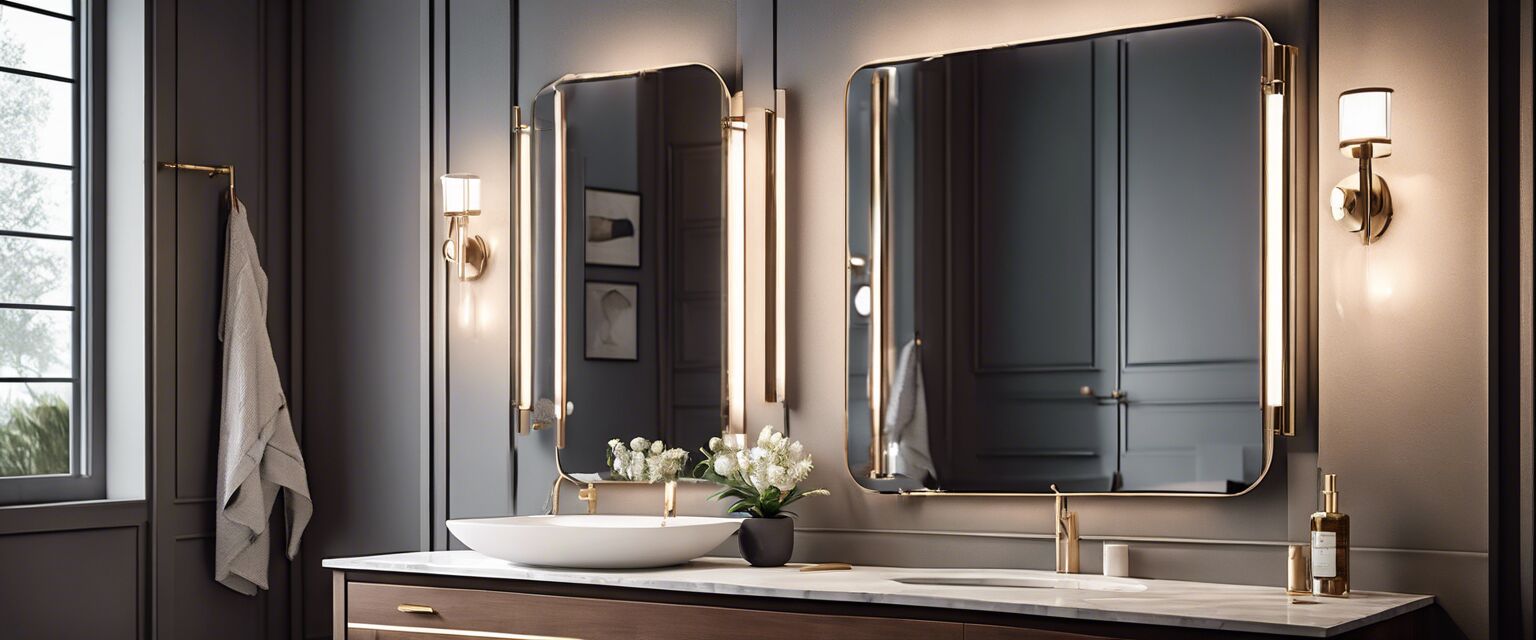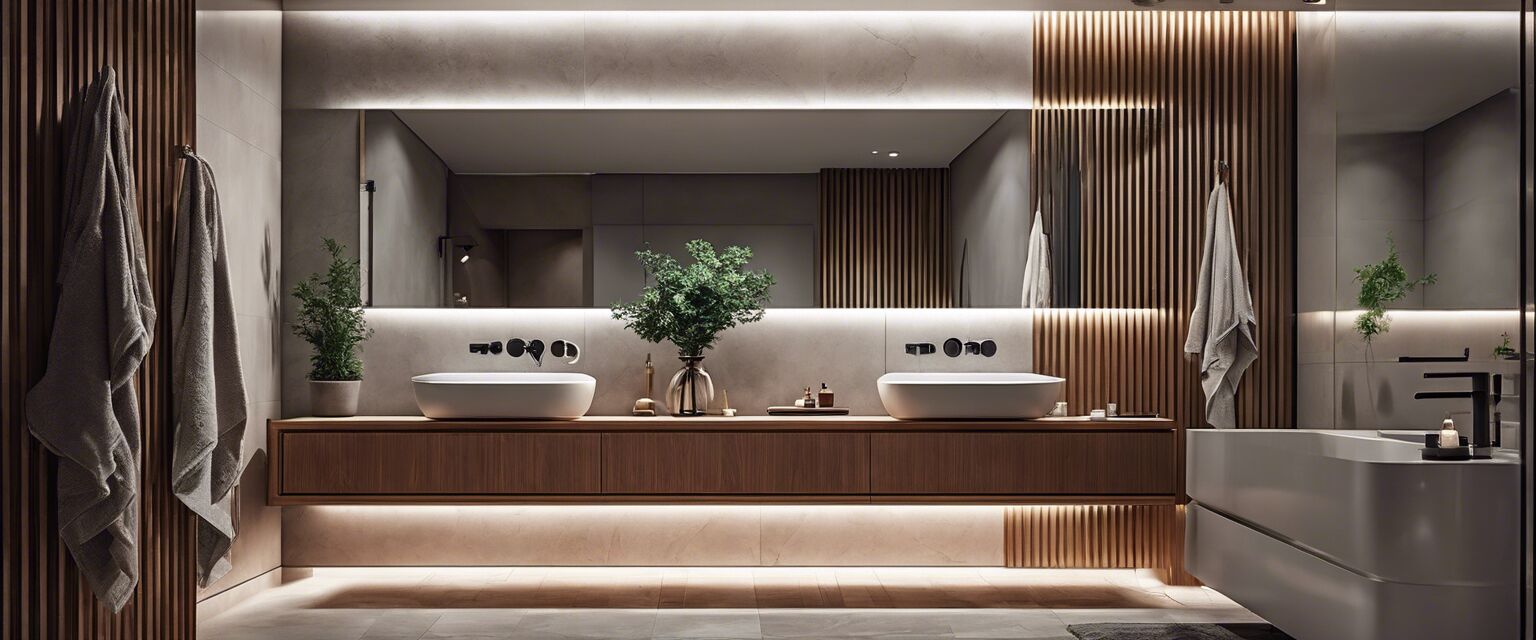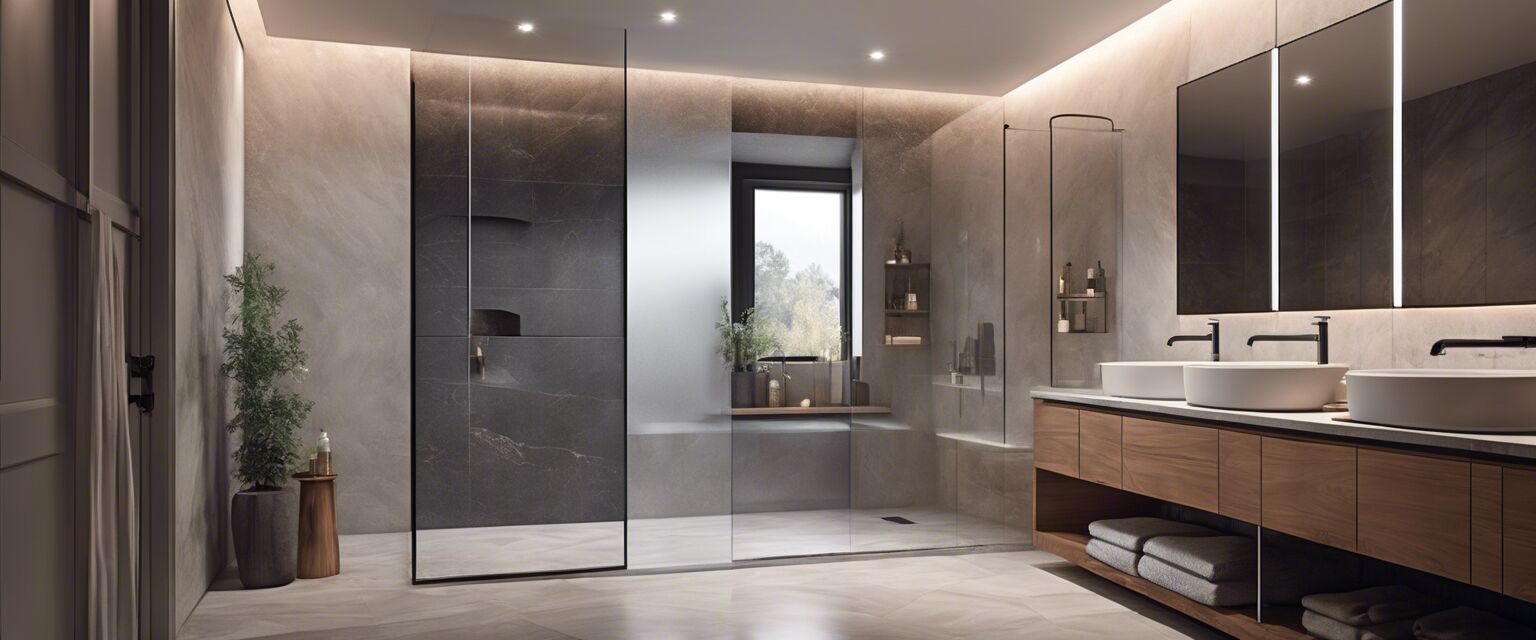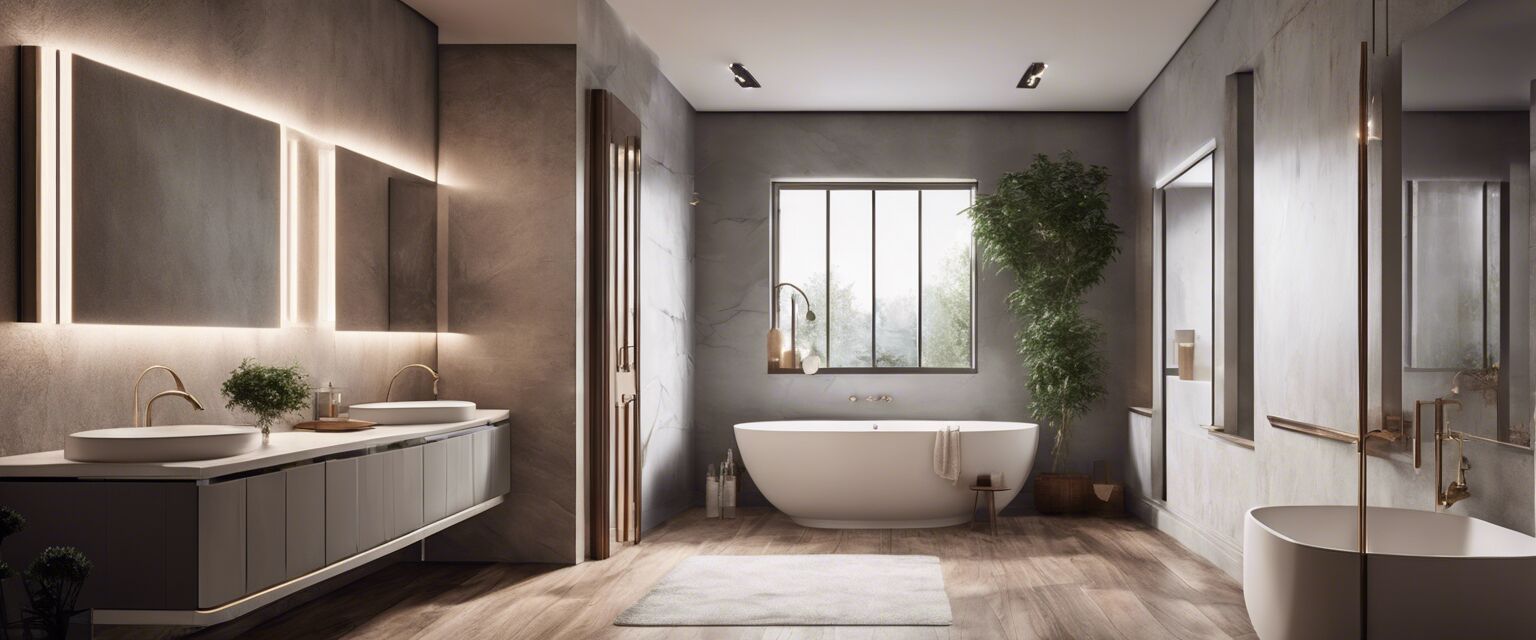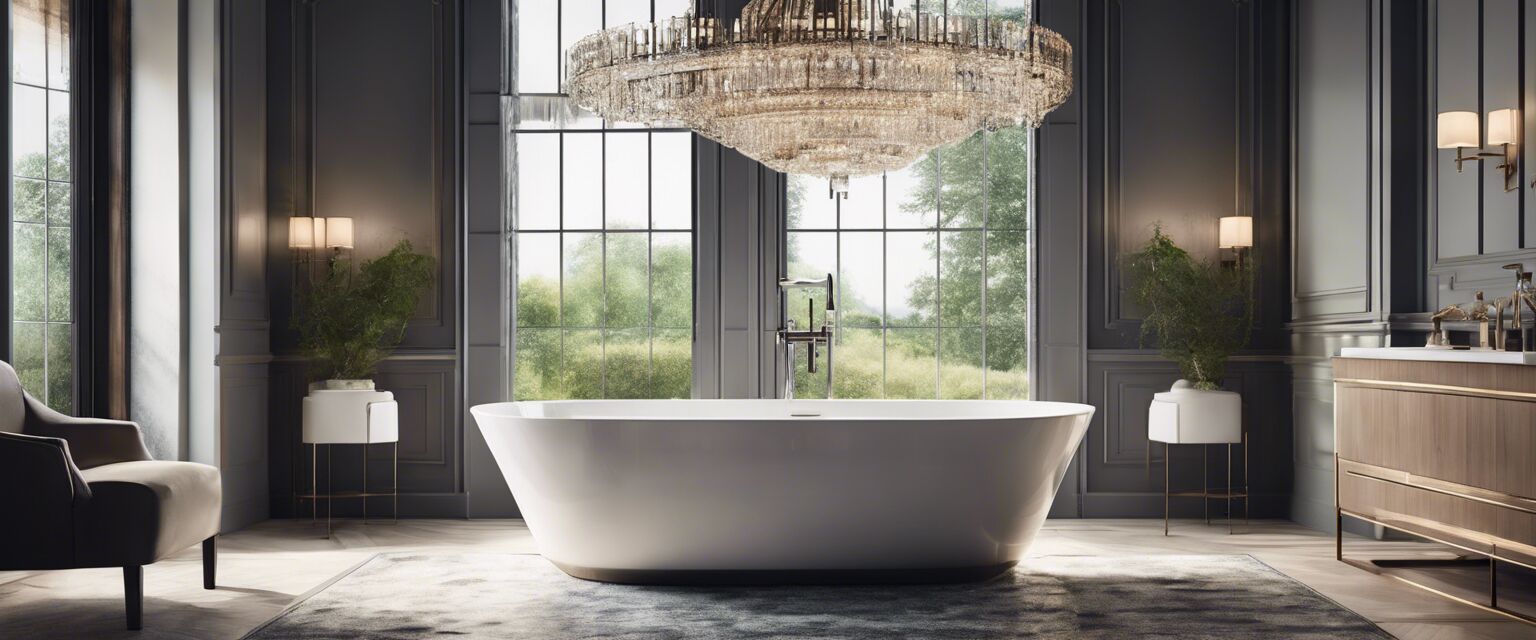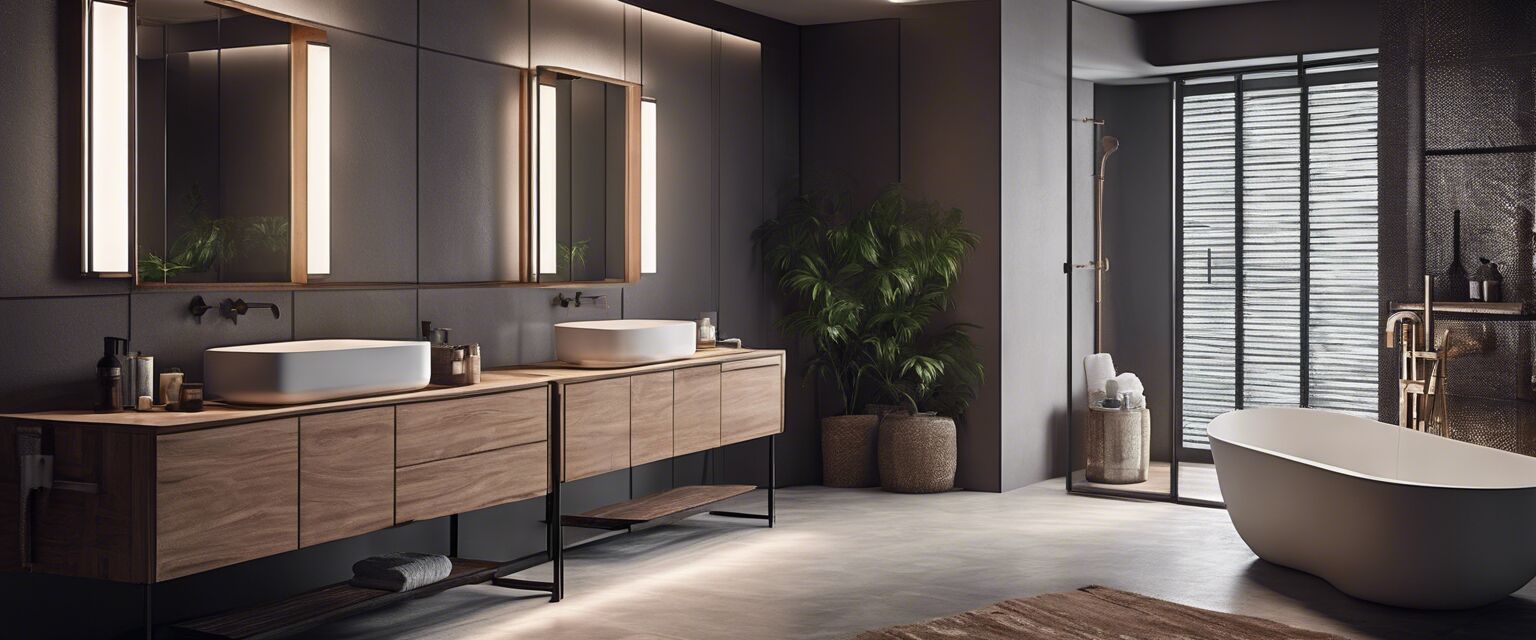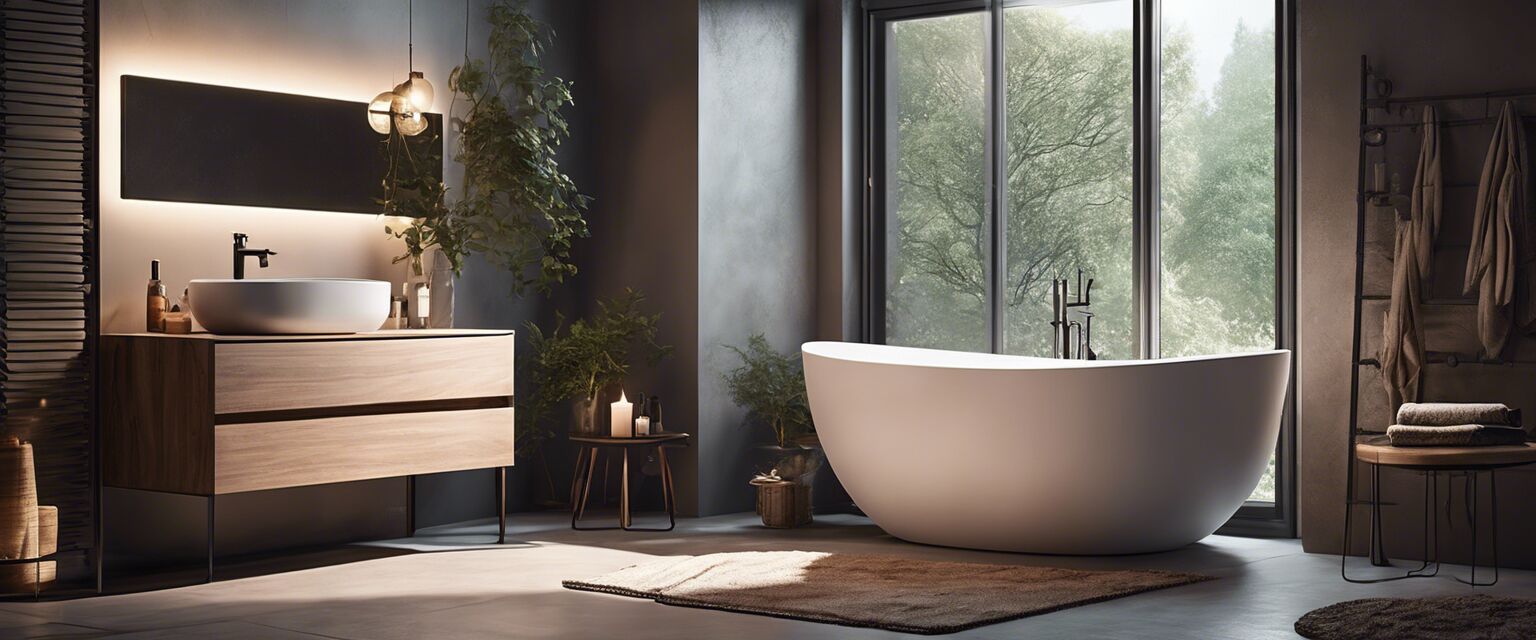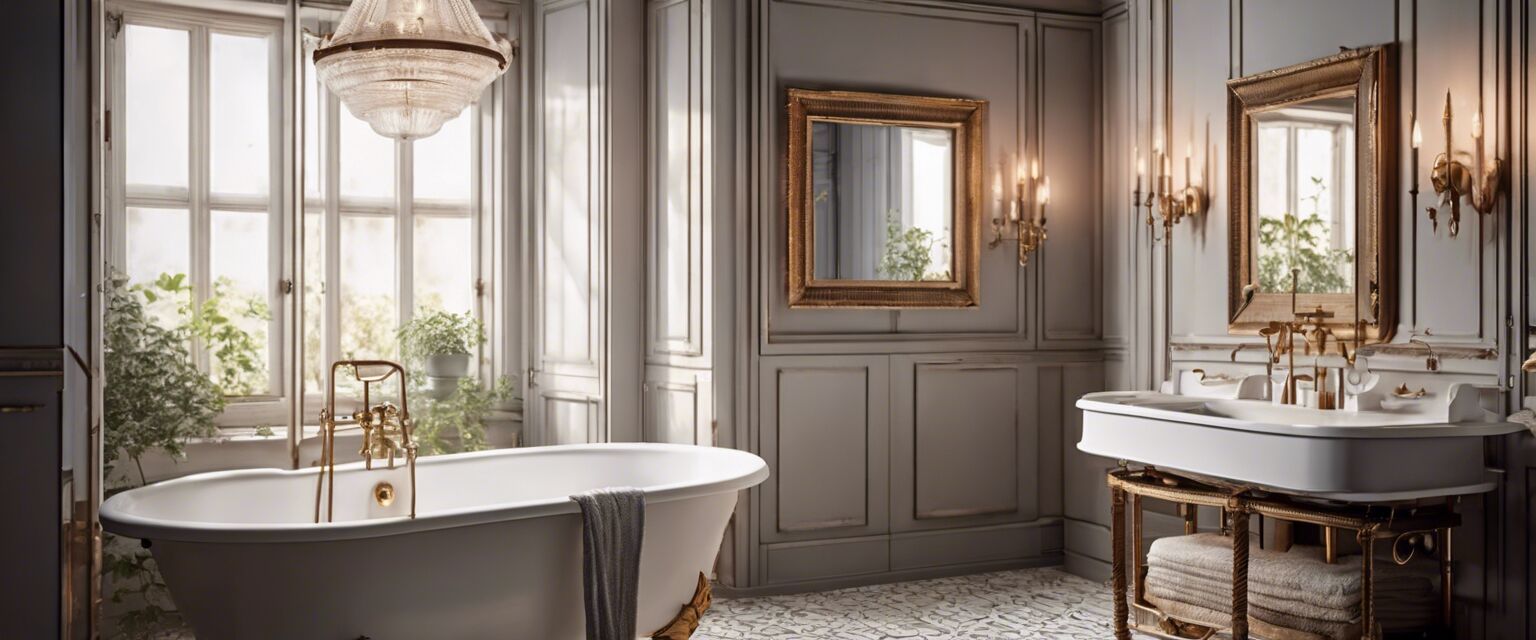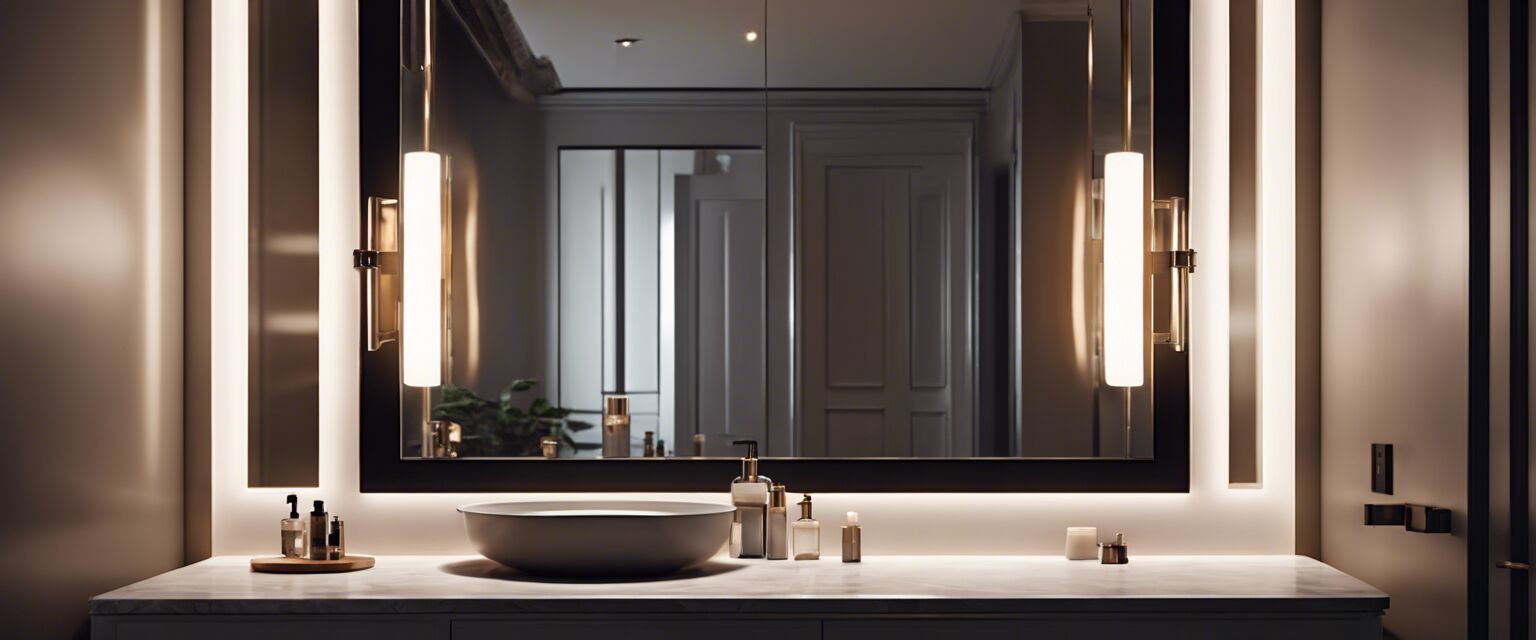
Bathroom Mirror Lighting
Choosing the right lighting around your bathroom mirror is essential for both functionality and aesthetics. In this guide, weâll explore various types of bathroom mirror lighting, how to choose the right fixtures, and tips for installation to create the perfect ambiance in your bathroom.
Key Takeaways
- Consider the size and style of your bathroom mirror when selecting lighting.
- Different types of lighting fixtures can enhance functionality and design.
- Proper installation techniques are crucial for safety and effectiveness.
- Layered lighting offers the best results for both aesthetics and usability.
Types of bathroom mirror lighting
When selecting lighting for your bathroom mirror, understanding the different types of lighting fixtures available is essential. Here are some popular options:
| Type | Description | Pros | Cons |
|---|---|---|---|
| Vanity Lighting | Mounted above or on the sides of the mirror. | Great for makeup application. | Can be too harsh if not diffused. |
| Wall Sconces | Attached to the wall beside the mirror. | Provides even lighting. | Requires adequate wall space. |
| LED Strip Lights | Flexible lights that can be placed around the mirror. | Energy-efficient and customizable. | May need professional installation for best results. |
| Recessed Lighting | Installed into the ceiling for a sleek look. | Great for overall bathroom lighting. | May not provide enough light directly at the mirror. |
Choosing the right lighting
When selecting bathroom mirror lighting, consider the following factors:
- Size of the mirror: Larger mirrors may require multiple light sources.
- Style of the bathroom: Match fixture styles with your bathroom decor.
- Light color temperature: Aim for warm white (2700K-3000K) for a cozy feel.
- Brightness: Ensure sufficient lumens for tasks like shaving or makeup application.
Installation tips
Proper installation of your lighting fixtures is crucial for both safety and aesthetics. Here are some tips to ensure a successful installation:
- Turn off the power: Always ensure the power is off before starting any electrical work.
- Follow instructions: Carefully read the manufacturer's instructions for each fixture.
- Use appropriate tools: Ensure you have the right tools, such as a screwdriver and wire stripper.
- Check for level: Use a level to ensure fixtures are installed evenly.
- Test your installation: After installing, turn the power back on to test the lights.
Layered lighting for your bathroom
Incorporating layered lighting can dramatically enhance your bathroom's look and feel. Here's how to implement it:
| Layer | Description | Examples |
|---|---|---|
| Ambient Lighting | General illumination for the entire space. | Ceiling lights, recessed lighting. |
| Task Lighting | Focused lighting for specific tasks. | Vanity lights, sconces. |
| Accent Lighting | Highlights architectural features or decor. | LED strip lights, decorative fixtures. |
Common mistakes to avoid
When setting up bathroom mirror lighting, many homeowners make common mistakes. Here are some to watch out for:
- Choosing fixtures that are too bright or too dim.
- Ignoring the style and scale of the mirror.
- Neglecting to consider the bathroom layout and traffic flow.
- Overlooking energy efficiency and bulb types.
Conclusion
Selecting and installing bathroom mirror lighting can transform your space, enhancing both functionality and style. By understanding the types of fixtures available and following proper installation techniques, you can create a beautifully lit bathroom that meets your needs.
Tips for beginners
- Start with a plan: Sketch your bathroom layout and lighting ideas.
- Do your research: Look into various lighting options and read reviews.
- Consult professionals if needed: Don't hesitate to hire an electrician for complicated installations.
- Experiment with placement: Try different positions for your light fixtures before making it permanent.
Pros
- Improves visibility for daily tasks.
- Enhances the overall design of the bathroom.
- Can create a relaxing ambiance.
- Energy-efficient options are available.
Cons
- Installation can be complex for beginners.
- Improper lighting can lead to shadows.
- May require additional electrical work.
Further reading
For more information on lighting options, check out our other articles:
